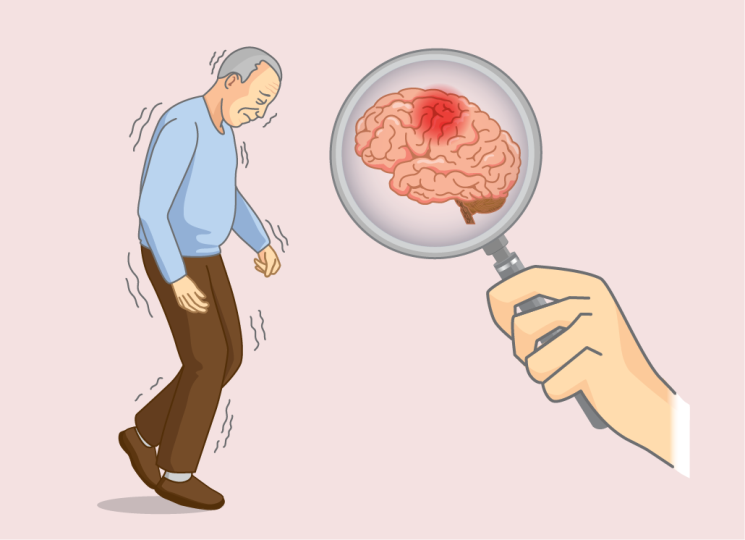Alzheimer's Disease: Understanding the Progressive Neurodegenerative Disorder
 Alzheimer's disease is a progressive neurodegenerative disorder that primarily affects the brain, leading to a decline in memory, thinking, and behavior. It is the most common form of dementia, a general term for cognitive decline severe enough to interfere with daily life. While the exact cause of Alzheimer's is still under research, it is believed to result from a combination of genetic, environmental, and lifestyle factors.
Alzheimer's disease is a progressive neurodegenerative disorder that primarily affects the brain, leading to a decline in memory, thinking, and behavior. It is the most common form of dementia, a general term for cognitive decline severe enough to interfere with daily life. While the exact cause of Alzheimer's is still under research, it is believed to result from a combination of genetic, environmental, and lifestyle factors.
The early signs of Alzheimer's are often subtle, with individuals experiencing occasional memory lapses, difficulty finding words, or trouble completing familiar tasks. As the disease progresses, symptoms become more pronounced and impact the individual's ability to function independently. Common symptoms include confusion, disorientation, mood swings, and impaired judgment. In the later stages, patients may lose the ability to recognize loved ones and require full-time assistance with daily activities.
The disease is characterized by the buildup of two abnormal structures in the brain: amyloid plaques and neurofibrillary tangles. Amyloid plaques are clumps of protein that disrupt communication between brain cells, while neurofibrillary tangles are twisted fibers of another protein that damage cell function. These changes lead to the gradual death of brain cells and significant shrinkage of brain tissue.
Although Alzheimer's disease primarily affects older adults, it is not a normal part of aging. Genetic factors, such as the presence of the APOE-e4 gene, can increase the risk, but lifestyle factors like a healthy diet, regular exercise, and mental stimulation may help delay the onset or progression.
There is currently no cure for Alzheimer's, but treatments are available to manage symptoms and improve quality of life. Medications like cholinesterase inhibitors and glutamate regulators can temporarily alleviate symptoms, while ongoing research continues to explore potential disease-modifying therapies. Early diagnosis and support from healthcare providers, family, and caregivers are crucial in managing the impact of Alzheimer's on individuals and their families.


